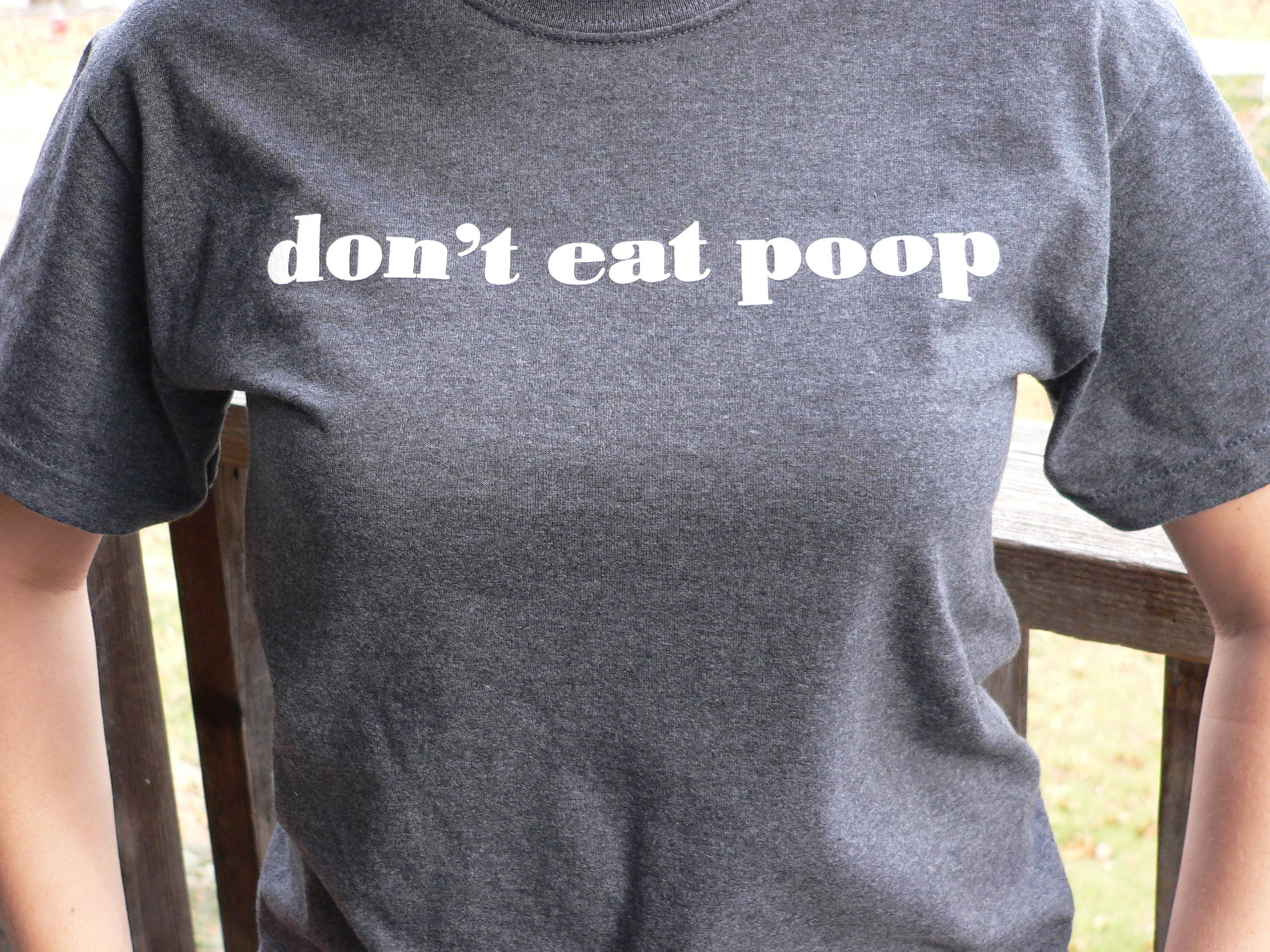 Seasonal influenza will probably be on the rise again. The flu season lasts from approximately October through March, with peak months being January and February. In all likelihood I’ll probably come down with the flu this season, from a combination of stress and little sleep (part of my life as a veterinary student). But I’ve increased my chances for a flu-less flu season by getting a flu shot. The flu shot, in combination with precautions such as washing your hands frequently, covering your cough and sneeze and staying home when sick are good ways for people to protect themselves and their families from infection.
Seasonal influenza will probably be on the rise again. The flu season lasts from approximately October through March, with peak months being January and February. In all likelihood I’ll probably come down with the flu this season, from a combination of stress and little sleep (part of my life as a veterinary student). But I’ve increased my chances for a flu-less flu season by getting a flu shot. The flu shot, in combination with precautions such as washing your hands frequently, covering your cough and sneeze and staying home when sick are good ways for people to protect themselves and their families from infection.
Anyone, including healthy people, can get the flu. The FDA has approved four antiviral drugs to fight influenza A, but they don’t always work because flu virus strains can become resistant to one or more of these medicines. They also aren’t a cure-all for the flu. It’s best to avoid getting the flu rather than treating it as quickly as you can once you’ve got it.
Unfortunately the flu is very contagious. It can be caught from breathing in droplets in the air from someone sneezing, coughing or talking. The flu also is spread when people touch something with the flu viruses on it such as a doorknob or handrail, and then touch their eyes, nose or mouth. People can spread flu from one day before symptoms appear to seven days after symptoms go away.
Since handwashing is a great practice to help prevent the flu (along with preventing foodborne illnesses), I’ve been washing mine like crazy. But I’m also glad to hear about other practices put in place to reduce flu exposure. The priest at my church has instructed parishioners to give a verbal sign of peace during mass, rather than a handshake. I couldn’t be happier about it. I can remember many times that I’ve been standing next to a person in mass, and after watching them cough into their hands for most of the service, the last thing I want to do is shake their germy hands.
When I visited Japan this past summer, I noticed that it was common custom for a person to wear a facemask in public if they were suffering from the flu. The Japanese were so polite during my visit, and I think it’s fitting that they were considerate enough to protect those around them from their germs. Of course facemasks are also worn in many other countries for health reasons, though I haven’t seen anyone using one here in Kansas. If the trend could catch on I would be gung-ho for wearing a facemask. Then again I’m a bit of a germaphobe.
They are many (debatable) remedies you can buy to boost your immune system. But the best flu prevention still remains the flu shot. Go out and get yours today, and keep washing those hands. Have a healthy flu season.

 Kent Sepkowitz, a physician in New York City who writes about medicine, writes in
Kent Sepkowitz, a physician in New York City who writes about medicine, writes in